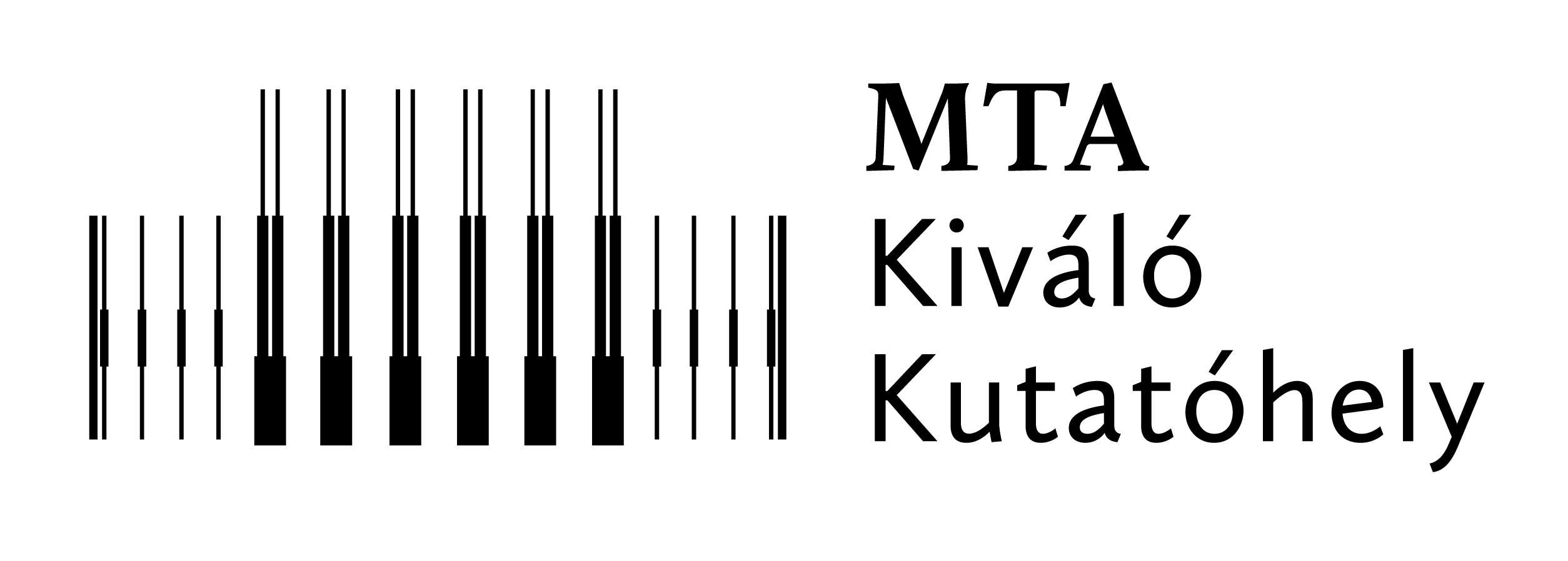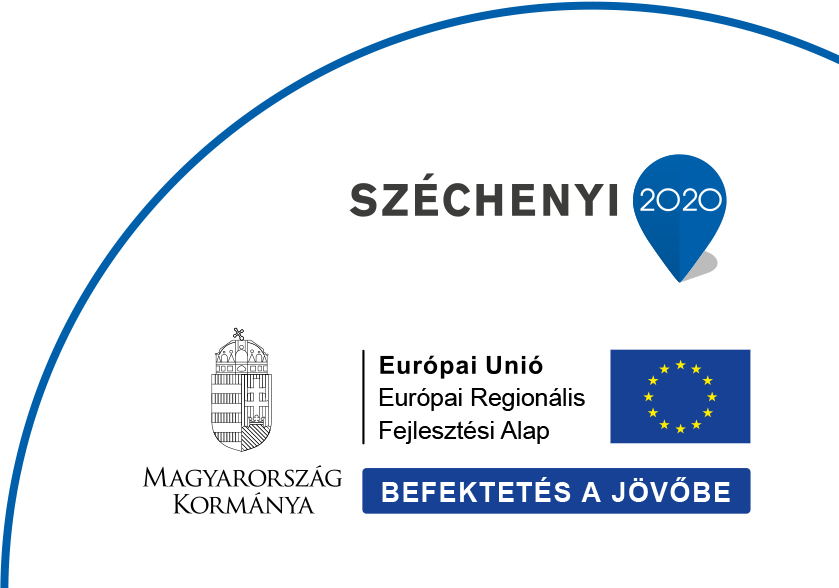Előadó: Máté Mihály (HUN-REN Wigner FK SZFI)
Előadás címe: Studying strongly correlated systems with tensor network state methods and quantum information theory
Dátum: 2024. január 25. csütörtök, 10.00
Helyszín: KFKI Telephely, I. épület 1. emeleti Tanácsterem
Összefoglaló:
Although the density matrix renormalization group (DMRG) method was developed to simulate one-dimensional strongly correlated systems in solid-state physics, it also shows its potential in higher-dimensional as well as in many other strongly correlated many-body problems. In my thesis, I investigate the application of DMRG in quantum chemistry and in ultracold physics.
First, the coupled cluster method tailored by DMRG was investigated theoretically and exemplified numerically by the nitrogen dimer for different geometries. The analysis showed the robustness of entropic quantities and provide a protocol for optimal basis splitting [1]. Second, orbital optimization based on entanglement minimization within the framework of two-site DMRG was studied and numerically exemplified, which showed that the multireference character of the wave function can be compressed [2]. Third, the Hubbard wheel model of hard-core bosons was proposed and investigated theoretically and numerically. The tuning of just a single control parameter allows a crossover from one- to "infinite"-dimensionality, which also drives a transition from quasi-condensation to complete Bose--Einstein condensation [3].
[1] Faulstich, Máté, Laestadius, Csirik, Veis, Antalik, Brabec, Schneider, Pittner, Kvaal, Legeza. J. Chem. Theory Comput., 15, 4, 2206 (2019)
[2] Máté, Petrov, Szalay, Legeza. J. Math. Chem., 61 (2), 362, (2023)
[3] Máté, Legeza, Schilling, Yousif, Schilling. Commun Phys 4, 29 (2021)



